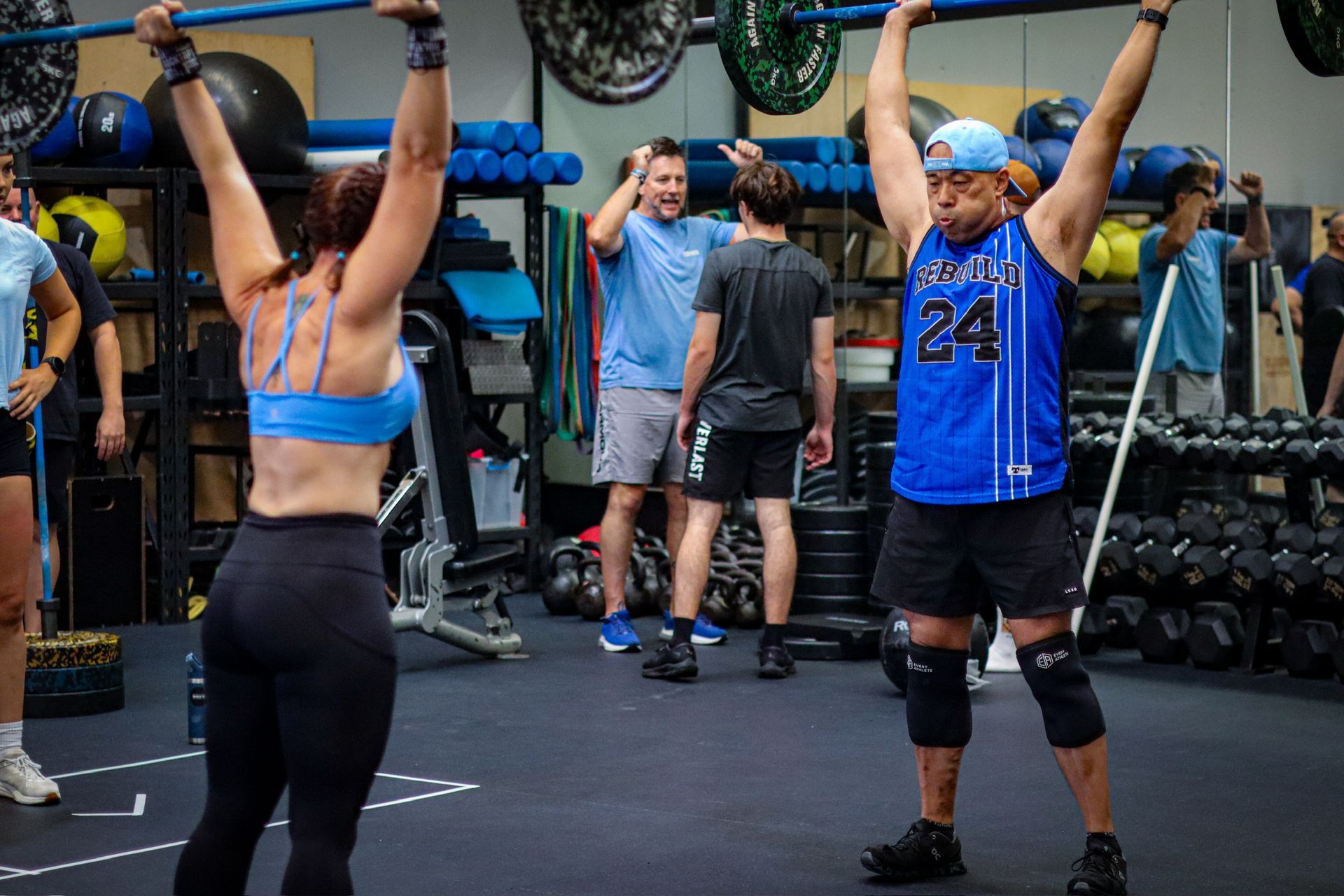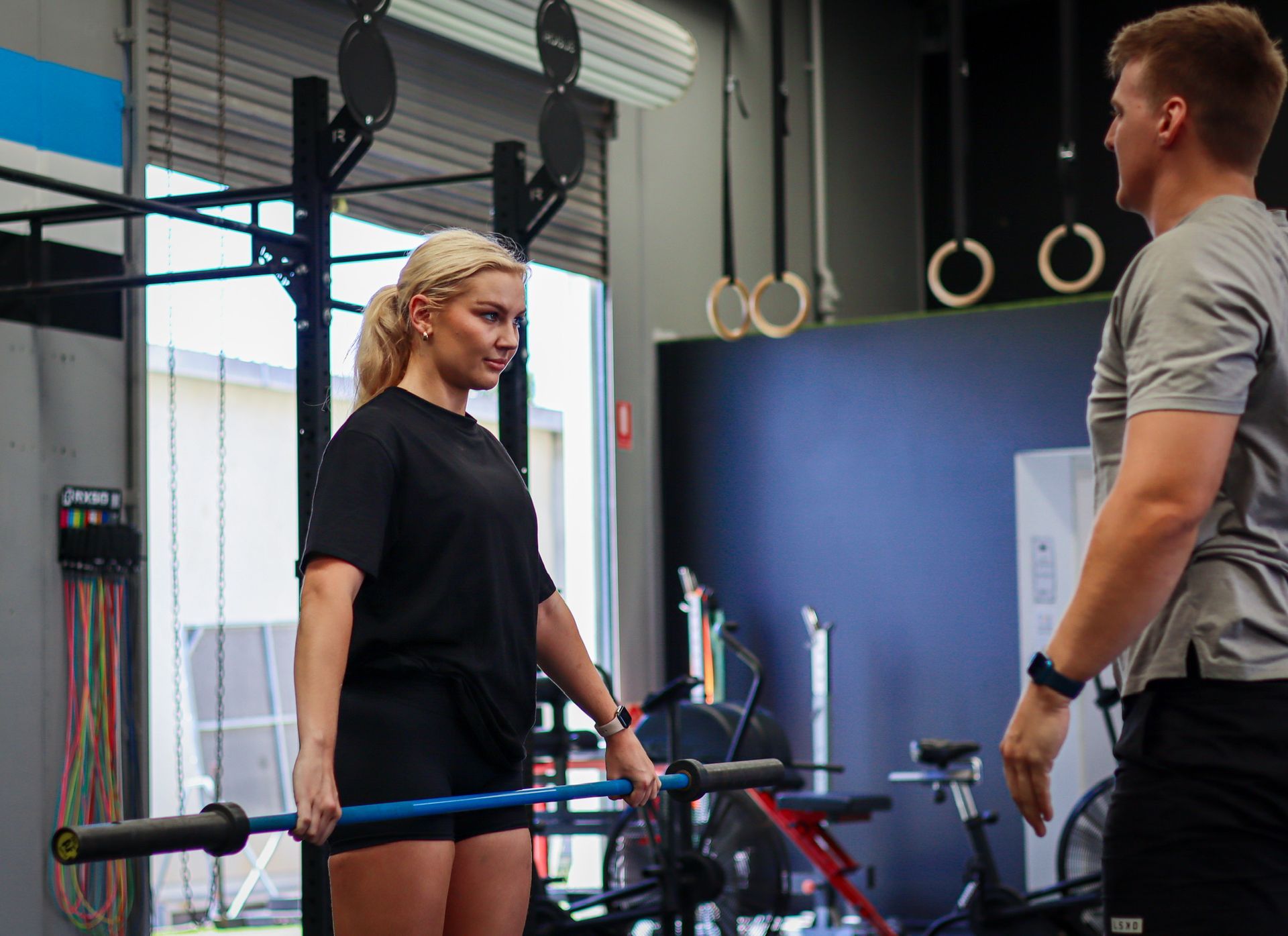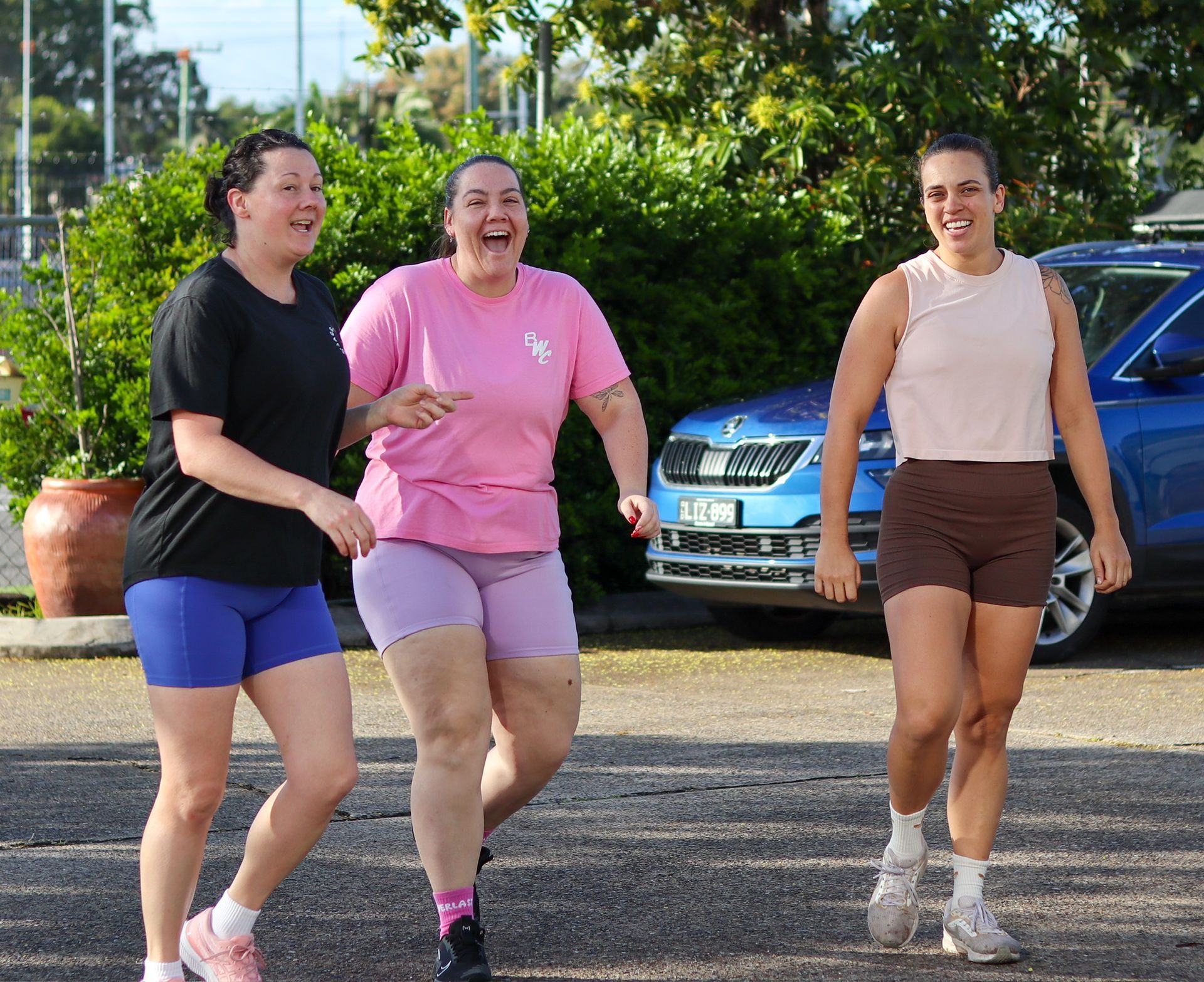The Shoulder Physio: Injury Prevention, Pain Management, Myths And Industry Bias - Jared Powell
The language we use with ourselves during the toughest of times takes a toll on us and leads us to focus on the worst, and often the language doctors and medical professionals use while treating us plays a major role in our recovery process and how we view our issues. On the Rebuild Health and Fitness podcast, coaches Sean and James discuss with Jared Powell, better known as Shoulder Physio on Instagram, a senior physiotherapist and PhD candidate who breaks down for us how language plays a role in pain management as a patient and as a doctor, and the alternative methods people use in between. BackgroundBorn and brought up in Burleigh Heads, Jared had always been interested in the science of things, and having been involved in surfing and rugby – he naturally went ahead with pursuing sports and science.“So, sports and science was my thing, and then I did exercise science, obviously, as everyone does in Australia. From there I had a decision – teaching, exercise physiology, physio, or medicine. I was going to do medicine, did the exams as well, just something about it wasn’t as appealing as physio, so I did physio and got into it too,” says Jared.He was mainly inspired by a friend’s father who was a physiotherapist and worked with the Great Britain Olympic Team and the Queensland State of Origin team. “I just saw this dude, didn’t know what he did, sort of running onto the field and helping players, strapping ankles, spraying some magical spray onto people and getting them better. I was like, ‘This dude has got it all sorted, he is watching a football game, is traveling with the Olympic team,’ then I found out he was a physio, and that stuck with me strangely,” he adds. Language surrounding injuryThe words we use to define the aspects of our life, problems we face, and general day-to-day happenings create a perception we sometimes fall deep into. Whether it’s good or bad, these words do tend to take a toll on us and shape our thoughts.Jared believes the way we speak about our health condition forms the reality of it. “I’m a firm believer that we should try and use the most less nocebic terms or terms that are as little as nocebic as possible,' he says. 'So, when you’re saying, ‘That’s the worst knee I’ve ever seen,’ or ‘Your shoulders are hanging off,’ that’s reinforcing this message of vulnerability in your head subliminally, subconsciously.”And he stands on the ground that medical professionals must be more careful when dealing with matters related to pain, physical wellbeing, and overall health concerns of an individual. The common man is mostly oblivious to medical terms, or the good and bad of the human body in some cases, and the throwing around of complicated jargon does more harm than good.“And how much are we doing that with our patients and our clients?' asks Jared. 'If you say, ‘That’s the worst rotated cuff tear I’ve ever seen,’ or ‘That’s bone on bone,’ all these sorts of terms which you might just throw around harmlessly and think nothing of it, an individual with knee pain may hang on to that for the rest of their life. You might be influencing the trajectory of their existence.'He adds to this by saying: I think we’ve just got to catch ourselves, there’s no barrier to doing it as clinicians or coaches, just watch what you are saying. Think about it, be conscious of it, your words have an impact. And I’m not saying like you can’t say any sort of pathoanatomical term - just be conscious about how it’s going to be received. We all make mistakes, but the more you can minimise it, the better I believe.”Sean reflects on an injury he had in his teens and how the language the practitioner used affected his recovery. “I remember when I came out of my shoulder surgery and the surgeon came around to check up on me, the first thing he says is, ‘Mate, it was really bad, I wasn’t able to fix it.’ And I asked if I’d be able to play rugby again, to which he said, ‘Oh, we’ll have to wait and see.’ That is the last thing I want to hear after I’ve been cut open. Yeah, and it stuck with me for ages, I don’t think I tackled with my left shoulder again after that,” says Sean.James, on the other hand, was met with an immense amount of optimistic energy, which allowed him to feel better despite the slow progress. “When I had surgery on my ankle, my doctor came to see me and said, ‘That couldn’t have gone any better, it was near enough perfect.’ I obviously struggled with a range of motion but since then I’ve been good.” Alternative methods and quick fixesWe’re all guilty of this – of trying to find the fastest possible way to get rid of pain, of switching to easier solutions to get out of this problem we’re in, simply because we want the pain and discomfort to go away but aren’t willing to put in the effort. Jared says people often opt for the quickest method - which isn't always best. “I think we’re always after a quick fix,' he says. 'We are after some way of hacking the system. We think the same thing with pain and injury, we are trying to optimise it and get better as quickly as we can and that’s cool, people want to do it, it’s fine. 'But stuff like cupping and acupuncture, I can’t, in good faith, recommend it based on the evidence base. Having said all of that, is exercise far more effective than manual therapy, for example? It's not. 'So here is a paradox - we’ve got a lot of people out there rubbishing manual therapy and modalities, cupping, acupuncture, needling, and stretching. I like to resistance train, is that a far more superior method or approach to getting people out of pain? It’s not. It's not better than Pilates, it's not better than a ton of other things. So, we need to have a conversation, why does that form of exercise occupy a privileged position in the world? It’s because it helps people from a health perspective.“Everybody in the world is mostly under-exercised, so why not use pain as a way of saying, ‘Well let’s get your resistance training a couple of times a week because that’s the recommendation from the World Health Organization’. I think training and exercising is a far more sustainable way of helping somebody in life versus two hours of massage a week or acupuncture,” he concludes.
Previous Blogs




